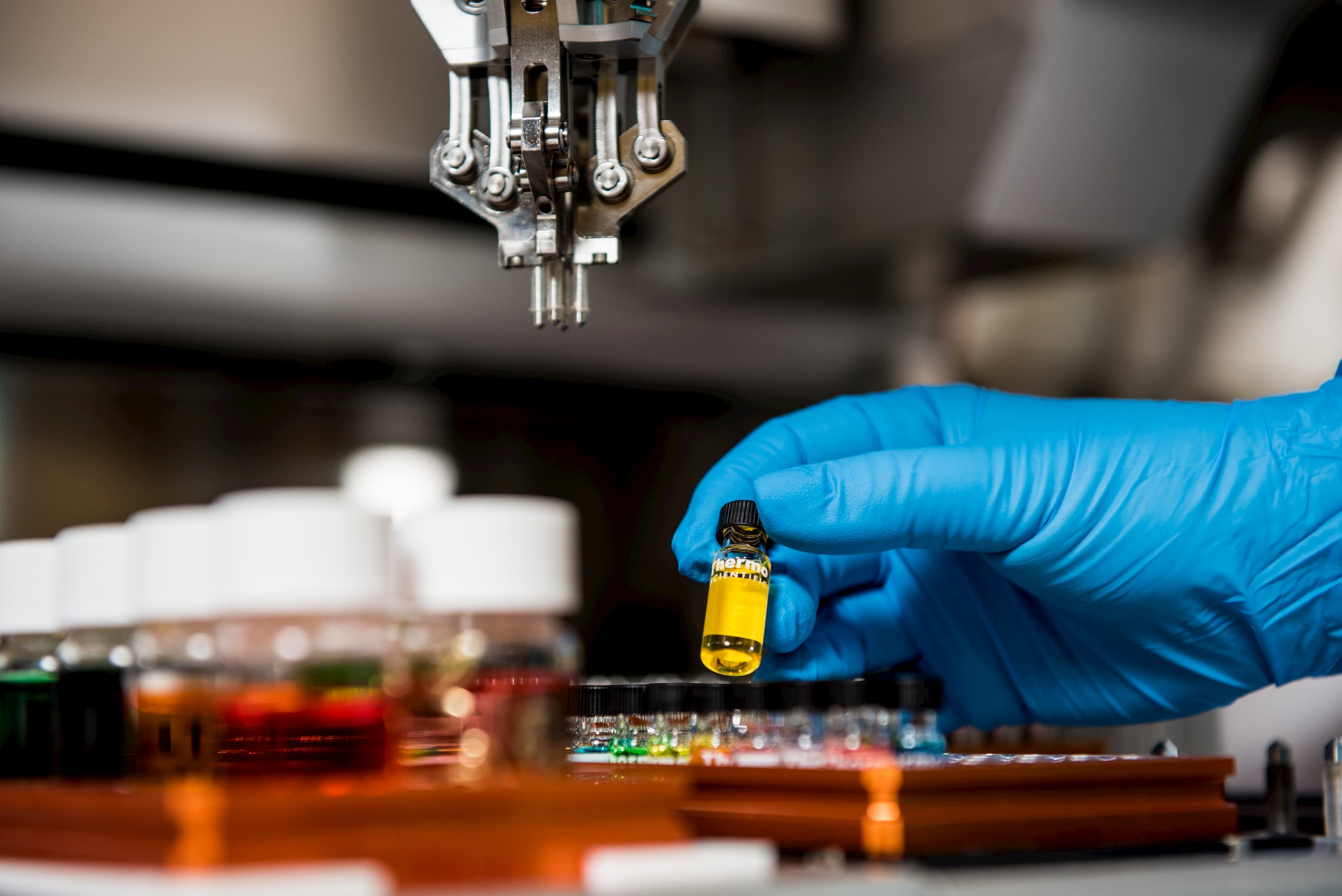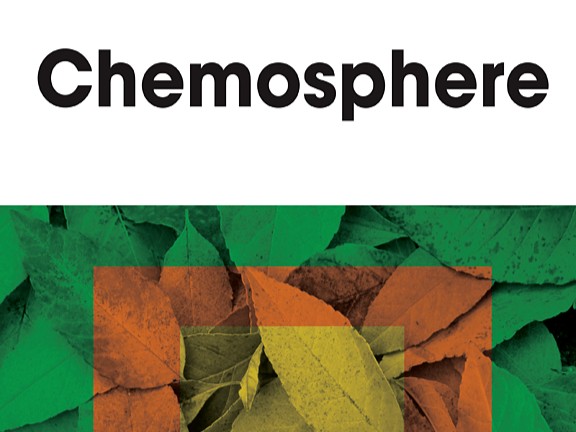
The impact of pyrolysis temperature on physicochemical properties and pulmonary toxicity of tobacco stem micro-biochar
- 毒性化學物 -
 Abstract
Abstract
Biochars (BCs) are currently widely used, yet their impact on human health is mostly unknown. We generated micro-tobacco stem-pyrolysed BCs (mTBCs) at different pyrolysis temperatures and assessed pulmonary toxicity in normal human lung epithelial BEAS-2B cells. mTBCs generated at 350 °C (mTBC350) and 650 °C (mTBC650) were analysed and compared for physicochemical properties and adverse effects. Pyrolysis temperature had a significant influence on chemical composition, particle size, specific surface area and aromatic carbon structure. mTBC650 displayed a highly ordered aromatic carbon structure with smaller particle size, high surface area (20.09 m2/g) and high polycyclic aromatic hydrocarbon and metal content. This composition could promote reactive oxygen species accumulation accompanied by greater cytotoxicity, genotoxicity and epithelial barrier malfunction in cultured cells. Thus, the risk of pulmonary toxicity owing to micro-BCs (mBCs) is affected by pyrolysis temperature. Long-term exposure to mBCs produced at high temperatures may lead to or exacerbate pulmonary disease.